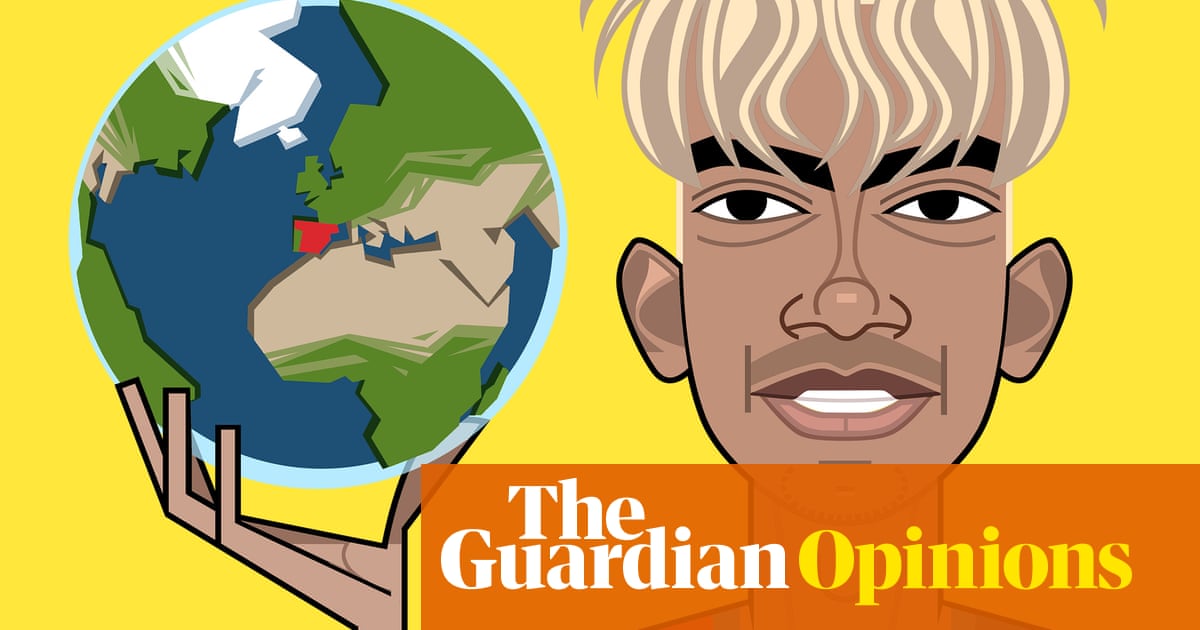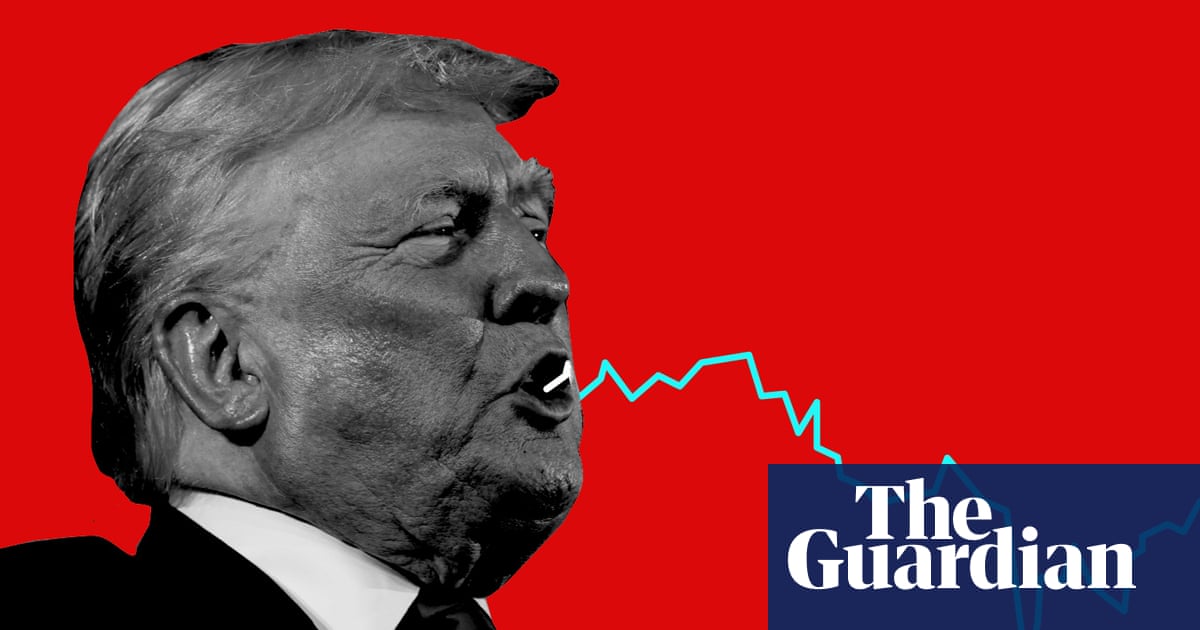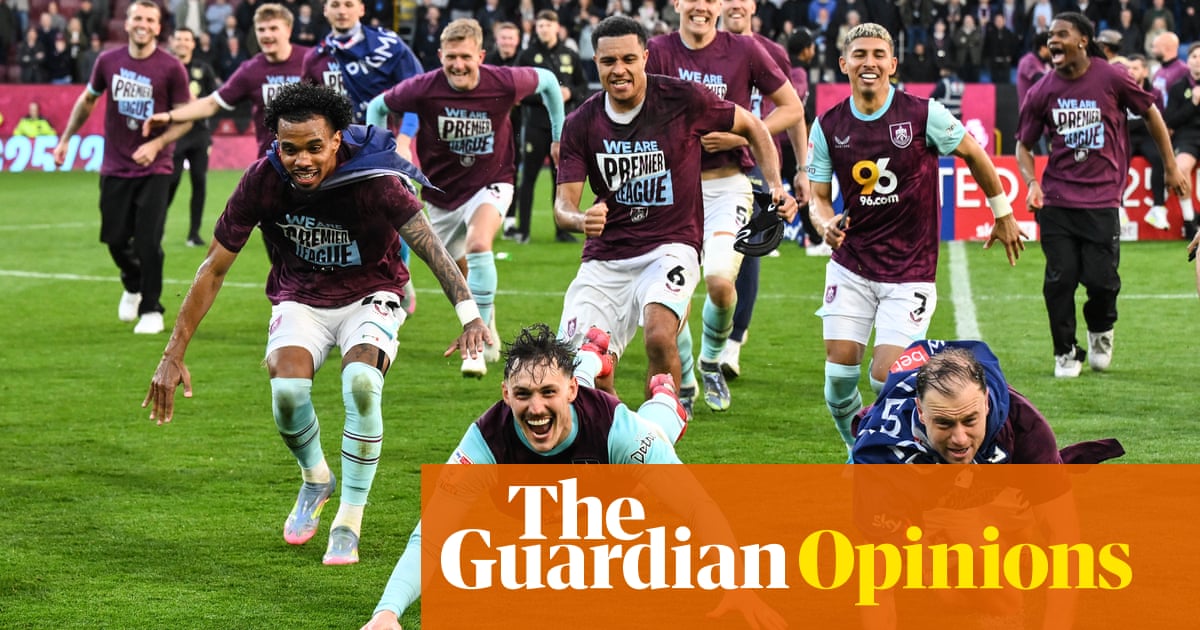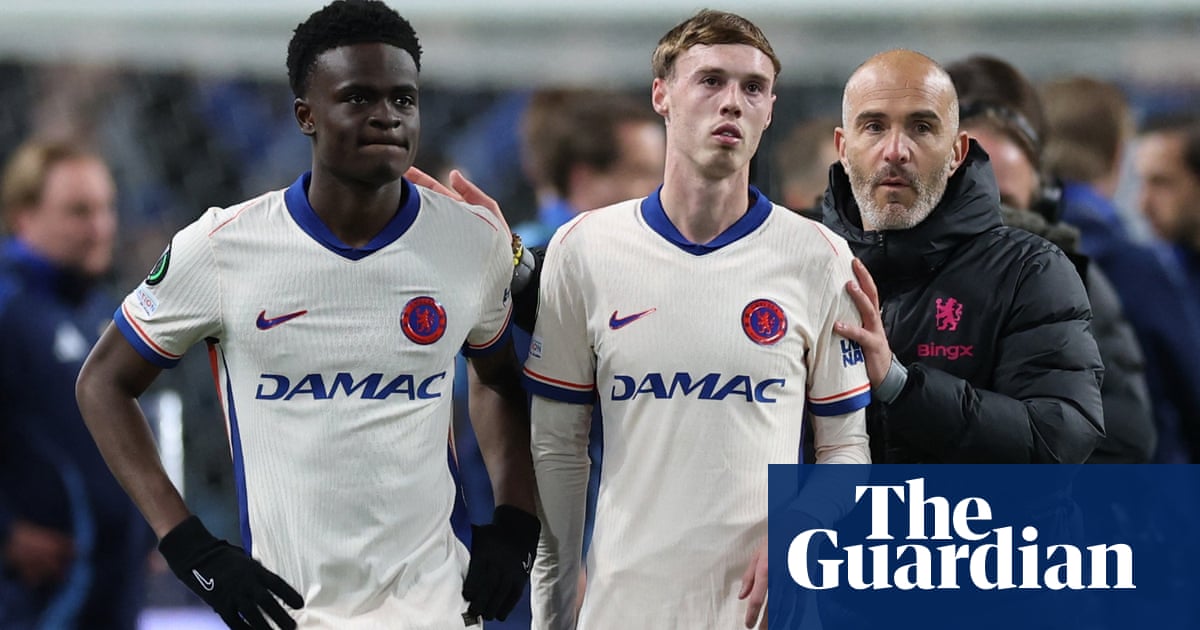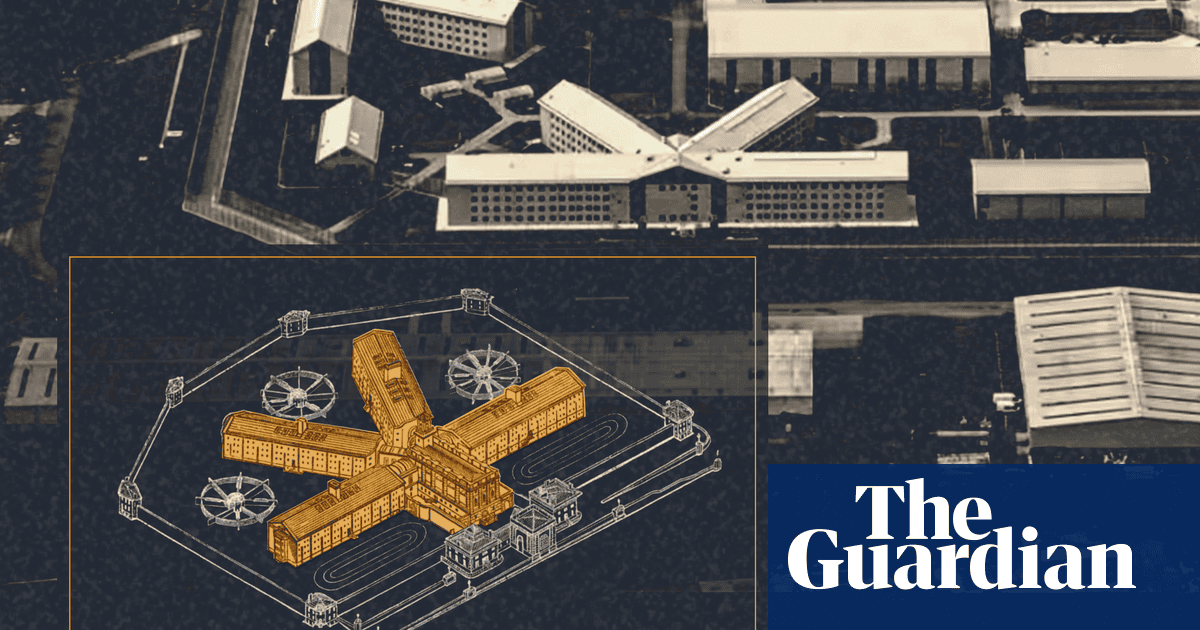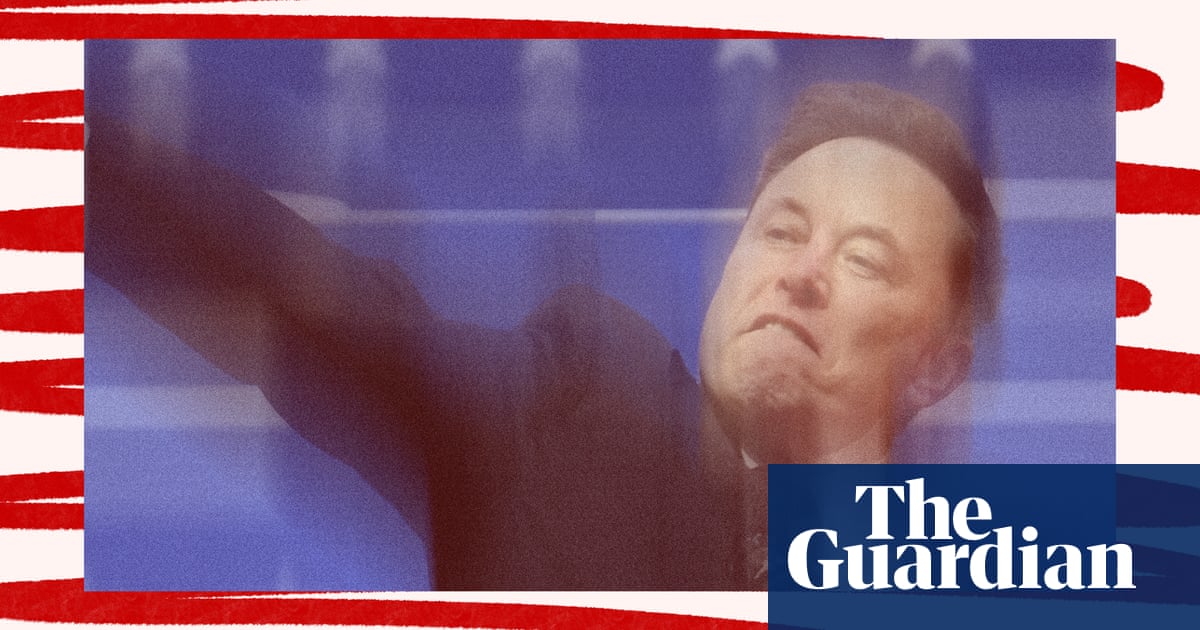It was life, but was it living? Everton have lost only four of their past 16 games in all competitions. They have kept five clean sheets in their past eight games and in the past month have frustrated Arsenal, Chelsea and Manchester City. They’ve taken 17 points from 19 games this season, which the past decade of the Premier League would suggest, if repeated in the second half of the season, would leave them right on the edge of relegation.
Given the trend is for the relegated three to get fewer and fewer points, the sense is that, even with Wolves and Ipswich showing signs of improvement, they would probably have survived if Sean Dyche had stayed.
But on the other hand, Everton have failed to score in eight of their past 10 games, and have lost the past two, against Bournemouth and Nottingham Forest. Eventually clinging on for clean sheets, relying on the absolute focus of the rearguard and on Jordan Pickford to make a couple of outstanding saves a game becomes untenable. And perhaps more than that, it becomes unwatchable. If Everton fans have become disillusioned, if eking their way to safety, goalless draw by goalless draw, has come to seem unbearably joyless, they can hardly be blamed.
Dyche lasted just under two years. Although his win percentage was higher than that of Frank Lampard, his immediate predecessor, it was worse than every other Everton manager since Howard Kendall’s second spell, in 1997-98, and the fourth-lowest in Everton’s history.
Yet his time cannot be judged too harshly given he twice kept them up, once after an eight-point deduction. His record may be bad by the standards of Everton’s history, but few Everton managers have had to work with such limited resources.
It is three weeks since the Friedkin Group completed its takeover of Everton. New owners, as Dyche had acknowledged, often look to appoint their own manager, even if the incumbent is more obviously thrilling than Dyche. In that sense the decision to dismiss him is not a surprise. It is, though, a risk as they move into their new stadium at Bramley-Moore Dock next season.
The interest payments on the loan they have taken out to pay for that will be substantial – a decision is pending on whether they can be classed as deductions for profitability and sustainability rules purposes – and, without the riches of the Premier League, would be challenging. Everton cannot afford to be relegated.
But perhaps the thinking is that the best way to avoid relegation is to spend in January. Quite how much they have to spend is another question. Everton were docked points last season for PSR breaches in each of the past two rolling three-year periods and, although the Swiss Ramble blog on football finance suggests that they should be compliant this season, it is not by much, and he is still predicting a loss of about £46m. In addition, Everton have £451m of shareholder loans, the highest figure in the Premier League, which, at some point, although not before next season, will become part of PSR calculations. The failures of Farhad Moshiri will continue to be felt for some time, however generous the Friedkin Group may like to be.

Still, if they can find money to spend, it makes sense that it should be spent for a manager they hope to be around in the medium-to-long term, rather than someone they may have been planning to offload in the summer once survival was secured. In that sense the question is less why Dyche has been sacked now than why it didn’t happen a week ago to give the new manager the maximum possible amount of time to liaise on signings; a 1-0 defeat at Bournemouth surely can’t have made a huge difference.
More specifically the timing was odd in that Dyche’s dismissal was announced about three hours before the FA Cup tie against Peterborough.
Perhaps some detail of his severance took longer to negotiate than anticipated, perhaps the Cup simply isn’t a matter of great concern to them, but the implication would be that an appointment is imminent. David Moyes has emerged as a leading candidate.
Many will be relieved, on the logic that anything will be better than the tedium of Dycheball. But the Friedkin Group does not have a great history of appointments at Roma. It inherited Paulo Fonseca but in the four years since he departed, has burned though José Mourinho, Daniele De Rossi and Ivan Juric to end up with Claudio Ranieri. Moyes certainly fits that template, as a popular and experienced former manager.
At the moment Dan Friedkin is riding an optimistic wave by dint of not being Moshiri, but the appointment will be a major test of the credibility of his group’s ownership. Moyes has a history of keeping clubs up and outperforming his budget and, while few would consider his football overly thrilling, such things are relative.
With a new owner and new stadium to move into, Everton’s prospects could be bright. But optimism requires them to be in the Premier League. For the future of the club, these next few months are crucial.

 3 months ago
63
3 months ago
63


